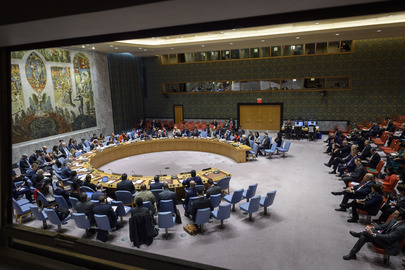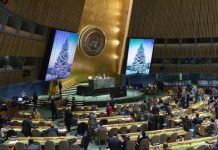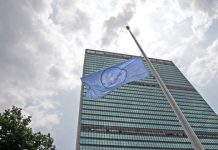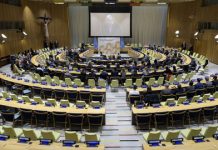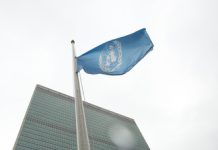From Morocco to Maharastra, California to Quebec, the UN’s Local Leaders series highlights how strong leadership is positively impacting on people’s lives in both developing and developed countries.
On International Mother Earth Day which is celebrated annually on 22 April, the series aims to encourage broader climate action and demonstrate the importance of local leadership in tackling global challenges.
Meet some of the local leaders inspiring change.
Maharashta, India: Pankaja Munde, Minister for Environment and Climate Change of Maharashtra
“Maharashtra is one of the five states in the country most vulnerable to the impacts of climate change. Our state witnessed 142 extreme weather events in 2024.
Our initiatives focus on decarbonising the building sector, incentivising electric vehicles, expanding green areas, fostering climate-resilient farming and promoting bamboo cultivation as an alternative to fossil fuels.
The Mazi Vasundhara Abhiyan (My Earth Mission), the state government’s flagship climate initiative…. demonstrates the power of grassroots mobilization in addressing the climate challenge and underscores the vital role communities can play in furthering the climate agenda.”
Read more here.
California, USA: Gavin Newsom, Governor
“This year started with catastrophic firestorms in Los Angeles, but Californians have long seen the intensifying impacts of climate change firsthand — hotter hots, drier dries, and stronger, more severe storms.
Since 2014, the [cap-and-trade] programme has driven over $11 billion in climate investments, with more than 75 per cent of those dollars flowing directly into low-income and frontline communities.
California is showing that you don’t have to choose between a strong economy and bold climate leadership.
Read more here.
Guelmim-Oued Noun, Morocco: Mbarka Bouaida, President of the Regional Council
“The region is experiencing increasingly irregular rainfall, prolonged droughts, and advancing desertification. This is placing significant stress on our water resources, ecosystems, and agricultural productivity.
Our strategy includes investments in seawater desalination, hill dams, artificial aquifer recharge, and wastewater reuse.
This initiative delivers measurable environmental and social benefits. It strengthens climate resilience by improving water security, promoting the circular use of resources, and reducing vulnerability in rural communities, which also helps reduce regional disparities.”
Read more here.
Read more from other Local leaders here.
Source of original article: United Nations (news.un.org). Photo credit: UN. The content of this article does not necessarily reflect the views or opinion of Global Diaspora News (www.globaldiasporanews.com).
To submit your press release: (https://www.globaldiasporanews.com/pr).
To advertise on Global Diaspora News: (www.globaldiasporanews.com/ads).
Sign up to Global Diaspora News newsletter (https://www.globaldiasporanews.com/newsletter/) to start receiving updates and opportunities directly in your email inbox for free.


